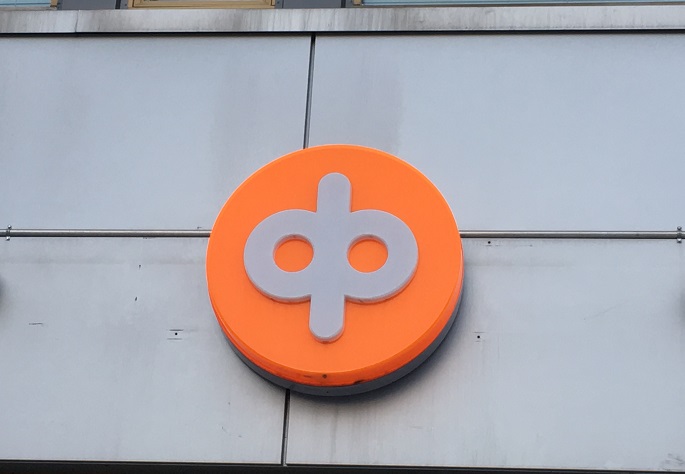Finns become more interested in fixed income funds: OP
Published : 29 Jun 2023, 03:10
Finns are now interested in fixed income funds and are investing much more heavily in them this year than in the previous three years, according to OP Financial Group's customer data.
In January–May this year, the two most net bought funds among OP's personal customers were the short-term fixed income funds OP-Yield and OP-Euro.
Only a year ago, in January–May, the ten most net bought funds didn't include a single fixed income fund. Likewise, fixed income funds didn’t make it into the top ten in the 2020 or 2021 statistics.
The number of OP-Yield's fund unitholders has grown this year by 34%: relatively speaking, this is the OP fund that has received most new unitholders so far in 2023.
"Interest rates rose steeply last year, which made it a difficult 12 months for fixed income investors. Values of fixed income investments dropped by an average of 10% in 2022. However, higher interest rates are offering attractive return potential over the coming years. Fixed income has made a comeback in Finns' investment portfolios," said Tommi Kokkarinen, Chief Investment Officer responsible for equities and fixed income at OP Asset Management.
According to Kokkarinen, market-expected returns on interest rates for the next 12 months range from just under 3% to just over 6%. The expected return depends on the degree of risk of the fixed income asset class.
"Running yield in the short-term rate market is now around 3.25%, whereas a year ago it was about 0%. In the longer-term rate market, which mainly comprises government bonds, yields are fluctuating at around 3%. A year ago, the same figure was about 0%. Emerging economies' higher-risk bonds and corporate bonds with lower credit ratings are expected to have a 6–7% return," said Kokkarinen.
In an environment of falling interest rates, fixed income investments would return a better profit over the next few years than can be assumed from the running yield.
"Right now, we favour fixed income investments in our asset management. At the current point in the economic cycle, with its higher-than-normal risk of recession, interest rates may fall quickly. This would increase the present value of fixed income investments, and therefore the original expected return," Kokkarinen added.
For fixed income investors, the current risk lies in the continued rise in interest rates.
"Rates could continue to rise if, for instance, inflation doesn’t fall despite tightened monetary policy, and if central banks are forced to keep key interest rates high for longer, or even continue with hikes. In such a case, we should note that current interest rates already act as a clear "yield buffer", and the value of fixed income investments would be unlikely to fall by as much as last year," Kokkarinen added.


